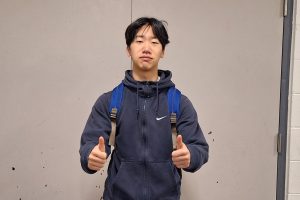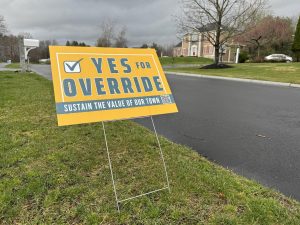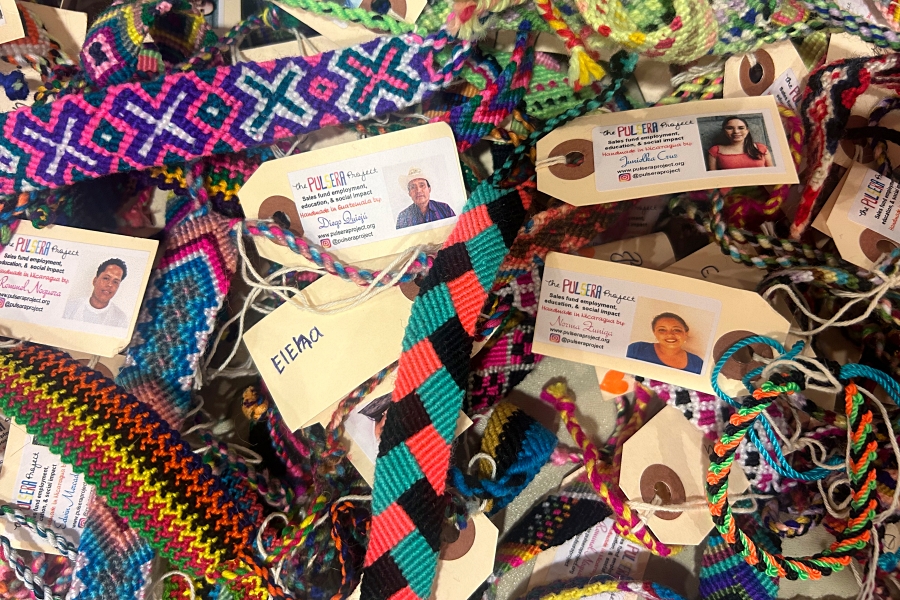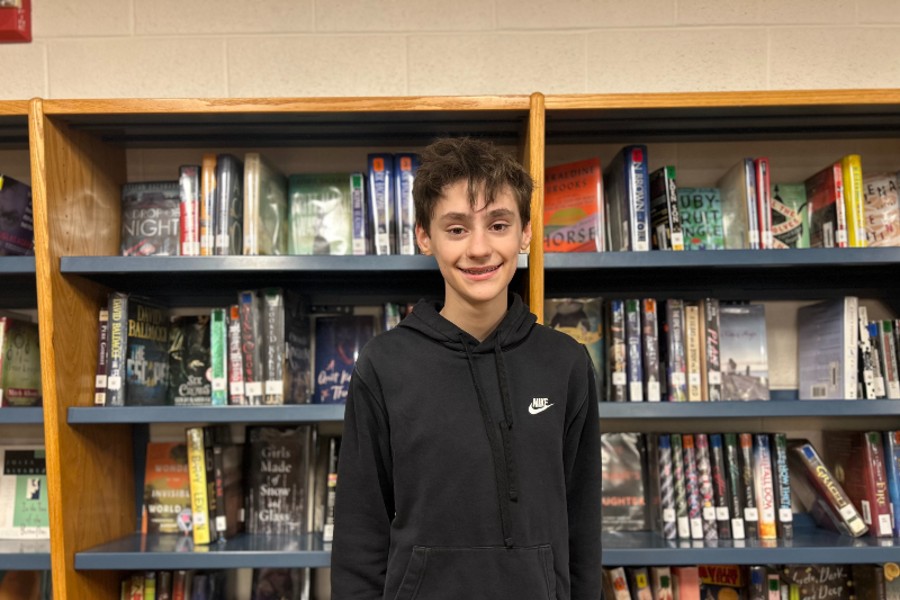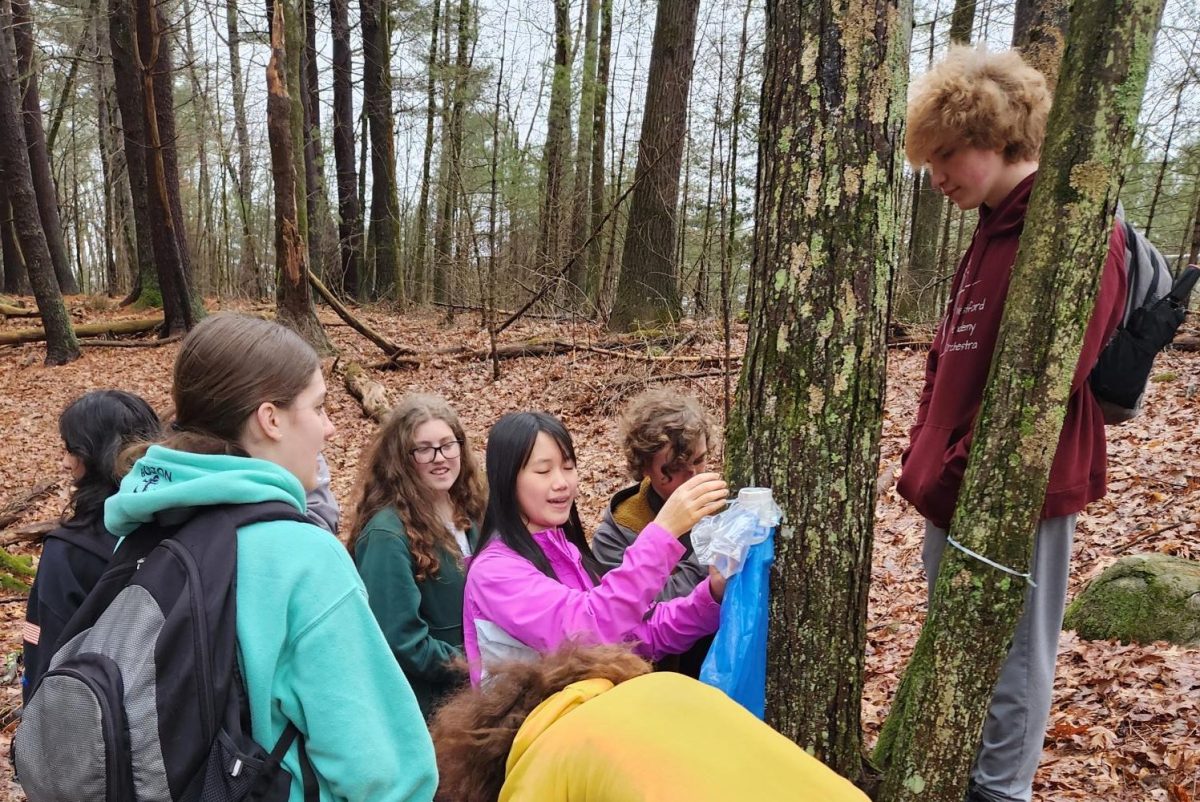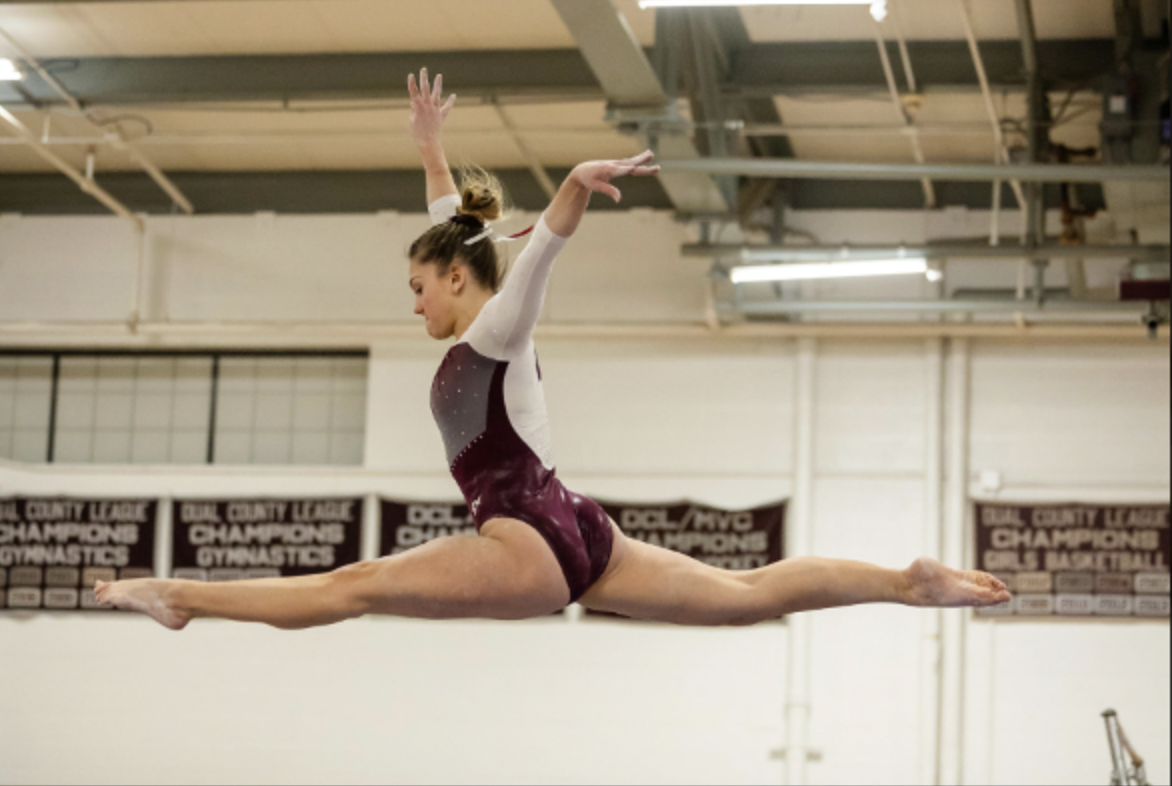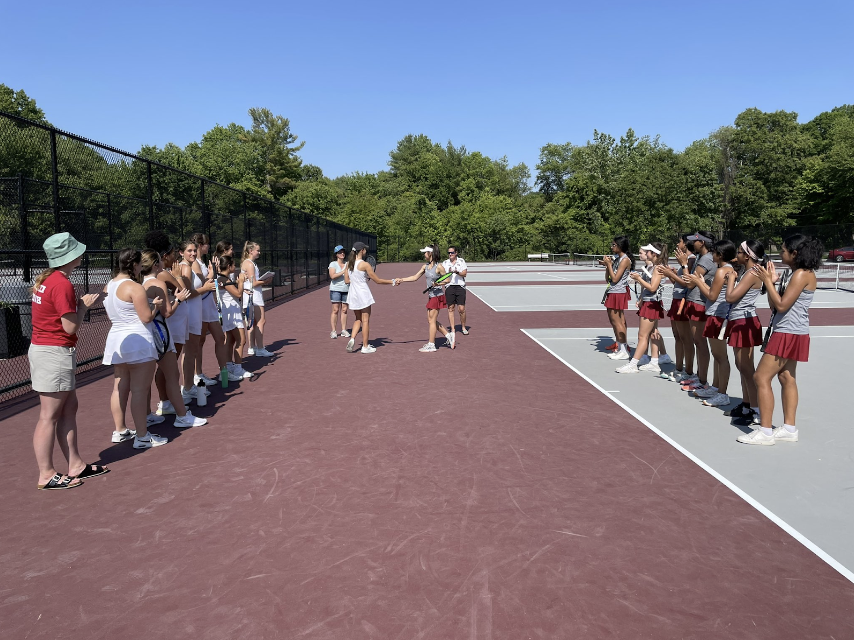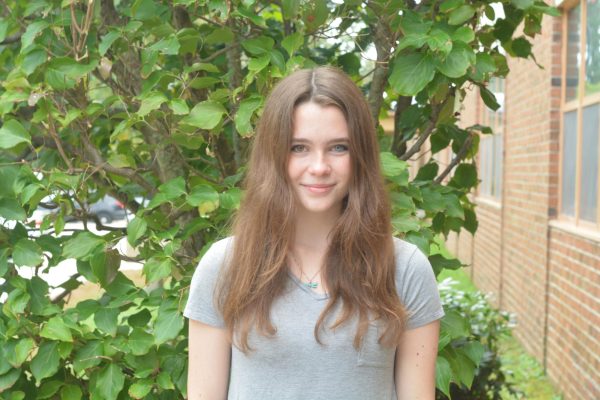Each bracelet is handwoven, the unique, vibrant colors always different from the next. Each bracelet tells a story — one of culture and drive. These creations, sold in more than 3,600 schools worldwide, are so much more than decorative. They are a link to communities that stand continents away. These bracelets are the focal point of the Pulsera Project, a non-profit dedicated to giving Central American artisans a market to sell their products.
During the week of March 11 to March 15, Spanish teacher Krisela Karaja has worked with her Spanish III Honors students to organize WA’s first-ever Pulsera Project initiative. Handmade bracelets and bags, or ‘pulseras’ and ‘bolsitas’ in Spanish, have been sold before and after school as well as during lunch, sending profits back to the artisans primarily from Guatemala and Nicaragua.
“I believe that the Pulsera Project is an important organization to represent at WA because it has a very good cause overall […],” sophomore and Spanish III Honors student Joey Ferrick said. “The Pulsera Project brings a lot of awareness to some problems people might not normally think about.”
The Pulsera Project’s mission began in 2009, with just a group of friends visiting Nicaragua. While in search of the “rich human culture normally hidden from tourists,” they stumbled upon a community of artisans on a small farm in Managua. When it was finally time for them to return to the U.S., the native people they had befriended offered them pulseras as a farewell gift.
This gesture of kindness led to the project’s goal of impact. From then on, the group has helped facilitate schools across the world in selling pulseras made by these artisans for $5, alongside the $15 bolsitas. All advertising and sales equipment is provided for schools, while also allowing them to adapt the event to what works best. Money from these sales is then directly allocated to the artists through Fair Trade jobs, who often do not have markets for their craft at home.
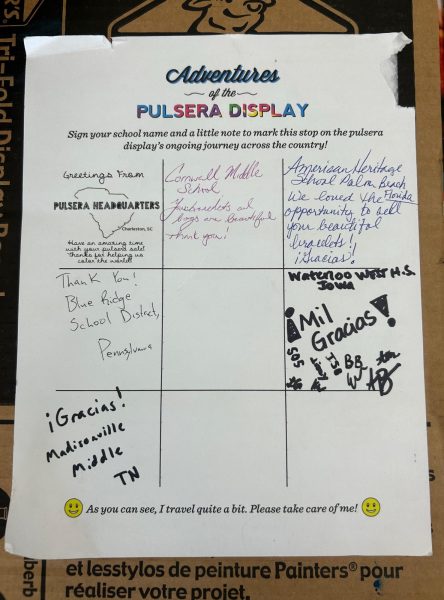
Additionally, pulsera sales are invested in programs that have a larger impact on these communities as a whole, focusing on initiatives such as education, youth and women empowerment, and housing.
“The Pulsera Project allows the artisans to become architects of their own homes, and they are given some humble materials, but materials nonetheless. […] Stable materials to then craft their own home,” Karaja said. “And of course these homes are not what we might consider your standard home. Maybe it won’t have a bathroom at first. Maybe it won’t have a kitchen, […] but it’s something that you can have shelter with.”
Karaja, who joined WA in the fall of 2022, was originally introduced to the organization through the school she previously worked at; Francis Parker School in Devens, Massachusetts. There, she saw colleagues run the project, and even helped to co-run a year. Once she had settled into the new frameworks of WA, she decided to carry the Pulsera Project over as a part of her yearly professional goal.
“I was pretty excited about this [initiative]. Here in the World Language department, we really want to emphasize, more and more, the social justice strand of the Massachusetts Frameworks for World Language,” Karaja said. “We’re trying to create more cultural connections, and showing how what we’re learning is also related to the bigger picture. […] It’s really beautiful, we’re excited about it.”
Fully set into motion during December of 2023, Karaja aimed to incorporate and apply her students’ curriculum to the project, while also adapting materials provided by the Pulsera Project to fit unit topics. Each of her Spanish III Honors students were required to sign up for one of many time slots, and were given credit for their selling of pulseras.
Between Spanish I and Spanish III, students learn and compare housing between areas of Guatemala and Nicaragua to the United States. They are taught about different lifestyles and common issues in these communities and work to learn related vocabulary. All of these skills were helpful prerequisites to allow more meaningful discussions on the topic.
“I remember we had a specific homework sheet where we had to read and answer comprehension questions about the employment status, specifically in Nicaragua, […] and how a lot of people suffer financially there as a result of low employment rates […],” sophomore and Spanish III Honors student Natalie Bearfield said. “Overall, it was cool to learn about an organization like the Pulsera Project; I think it’s a very creative and impactful organization.”
The sign-up slots included 7:10 a.m. to 7:30 a.m. in the flag lobby, each of the four lunch blocks respectively, and 2:00 p.m. to 2:20 p.m. This allowed students and staff a wide window of time to purchase items throughout the week. Additionally, each pulsera provides an informational tag detailing the artisan who made it.
This process relied heavily on student responsibility and independence, which was a change in standards from the middle schoolers Karaja had worked with at her old school.
“I’m actually very proud because my students are doing the sales themselves. Like if I were with my middle schoolers, I was standing over them like a hawk making sure the math was okay,” Karaja said. “But the III Honors, they’re just doing their own thing. […] For that half hour, they are representing the project and I do think that responsibility does give more weight to [the project].”
While the Spanish department is still reflecting on their first initiative, successfully raising multiple hundreds of dollars for the artisans in Guatemala and Nicaragua, Karaja expresses her excitement and motivation to pursue future partnerships with the Pulsera Project.
“I 100% would love to continue doing this as an annual thing now that […] the foundation is set and the logistical aspects are already in motion, so I’m not necessarily starting from scratch every year. I would just love to continue doing it,” Karaja said.

